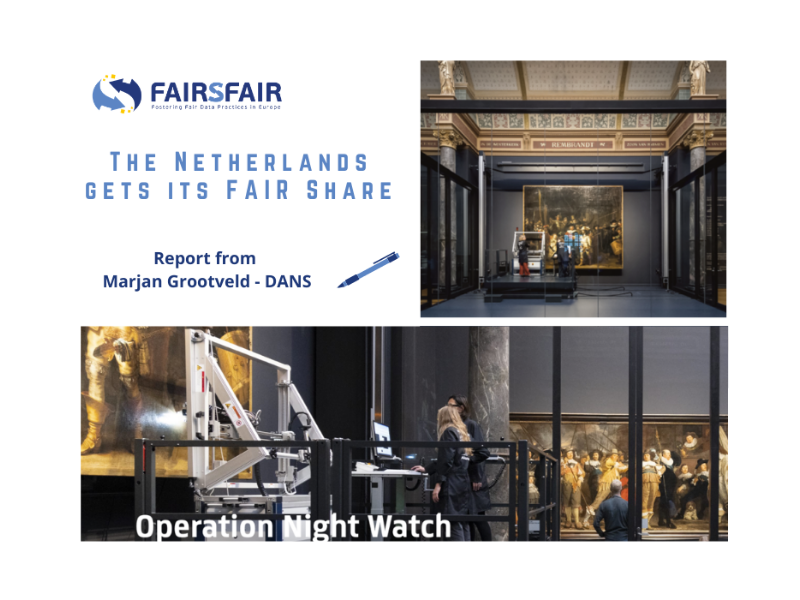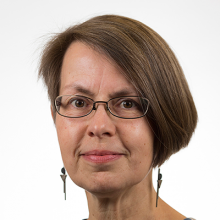
While all eyes were on Budapest during the week of the EOSC Symposium, there was a flurry of FAIR-related activity in the Netherlands. Marjan Grootveld from DANS provided this report.
Persistent Identifiers Workshop (20/11)
At a workshop organised in the Hague by the Dutch RDA node in collaboration with 4TU.ResearchData, DataCite, the FREYA project, ORCID, and SURF, the topic of persistent identifiers inspired speakers to titles such as “PIDs and poetry” or “ORCID in bloom”. The presentations are available here.
Launch of FAIR Software website (21/11)
Next day, the FAIR Software website was launched by Hans de Jonge of the Dutch Research Council NWO. Says Hans, ”Often we talk about FAIR data, but why not aim for FAIR research output in general? The site offers five recommendations for FAIR software which emerged from a collaboration between the Netherlands eScience Center and DANS. Anyone interested - organisation or individual - is warmly invited to endorse these recommendations. They include practical steps such as using repositories with version control and making software citable.
Sharing is Caring, Rijksmuseum (22/11)
Next day, the Rijksmuseum Amsterdam organised a new extension of the international Sharing is Caring series. Hinting at the huge volume and variety of research data that will result from their current project “Operation Night Watch”, the Rijksmuseum invited experts to shed light on challenges and good practices for FAIR digital heritage data.
Delegates learned about interoperable images and were introduced to European initiatives including the heritage data reuse charter, FAIRsFAIR and the new Horizon2020 project IPERION HS, which will integrate platforms for a European Research Infrastructure on Heritage Science.
Digital Heritage Week 2019
After the weekend it was time for Digital Heritage Week 2019, a biannual event started in 2015 by the Dutch Digital Heritage Network (NDE) in collaboration with the Ministry of Education, Culture and Science. Archives, museums, and research institutes across the country hosted workshops, hackathons and networking events on topics such as Linked Open Data, Wikimedia, digitising collections and the Digital Heritage Reference Architecture.
Not surprisingly, The Netherlands has its own digital heritage strategy, the core message of which is that the Dutch digital heritage should be findable, usable, and sustainable. Doesn’t this sound somewhat like FAIR? Yes, it does, and that’s why the research community and the digital heritage community have a lot in common - and not just this week. Witness the Amsterdam Time Machine, a public research resource on the history of Amsterdam.

